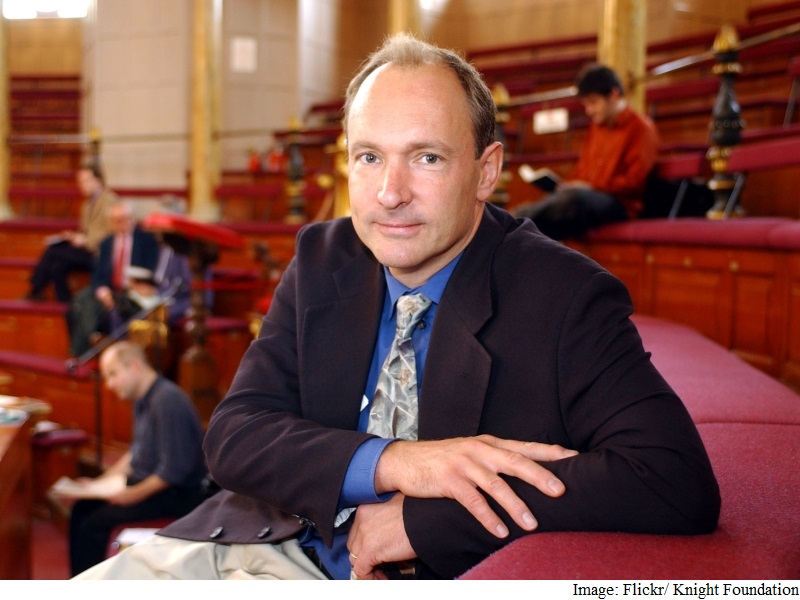Over the past 27 years, hundreds of millions of people have used the World Wide Web. It has become very easy to do a variety of menial tasks online using the Web, such as shopping for clothes, ordering food, or applying for jobs. The fact that doing these tasks now takes only a few clicks of a button is astounding as well as convenient and amazing. None of these tasks that were once viewed as complicated and are now simple could be done online without the invention of the World Wide Web.
The World Wide Web was invented by Sir Tim Berners-Lee during his time at CERN Laboratories in Switzerland. He noticed that the methods of sharing information between different departments were very complex and often not used, as it was easier to talk about it over their coffee break. To combat this, he presented "Information Management: A Proposal" for the program that would become the Web. It was rejected at first in 1989, but eventually his boss gave him permission to work on it in the summer of 1990. Berners-Lee wrote three programs that would remain staples in the World Wide Web: HTML, HTTP, and URL: the three languages that allowed people to search on the Web to find a specific address for information. This technology proved to be very useful, and in April of 1993 the World Wide Web was released to the public with no charge to use its services.

Pictured: Sir Tim Berners-Lee.
Sir Lee founded the World Wide Web Consortium, or W3C, to develop open web standards for the world. The community has proposed five concepts of the Web that are used globally: Decentralization, Non-Discrimination, Bottom-up Design, Universality, and Consensus. These five concepts are key to the World Wide Web, as it allows its users to use the Web however they want as long as they respect what is put on the web. The concept of a free World Wide Web is something that should be maintained, and Sir Lee has been campaigning for this ever since he opened it to the public. The Web should remain public and accessible, or communication and the right to free speech would be impaired greatly.
Sources:
The Web Foundation
A Brief History